Regulatory reporting in the financial world – the importance of compliance

While regulatory reporting may not be the most exciting topic, it is a crucial aspect of ensuring the stability and integrity of the financial system. Imagine a world without it, where financial institutions operate without oversight, and where potential risks to the economy go unnoticed.
The reality is that regulatory reporting plays a vital role in protecting consumers and promoting market integrity, and it is important that it is done correctly. In this text, we will explore the importance of regulatory reporting and how it can be improved to ensure compliance and reduce risks.
What exactly is regulatory reporting?
Regulatory reporting involves sending financial and non-financial information to government agencies and other organizations that oversee financial markets and institutions. The goal is to make sure that these markets and institutions are transparent and accountable.
Different kinds of financial companies, like banks, insurance companies, and securities firms, have unique reporting requirements that they must follow. These reports often include details about a company’s financial performance, risk management practices, and compliance with laws and regulations.
Government agencies pay close attention to make sure that these companies are following the rules and if they don’t, they can face fines or other penalties. And these fines can be very harsh – Deloitte estimated that from 2014 to 2021 “UK regulators have fined banks operating in the UK over GBP 300 million for reporting or reporting-related transgressions.” This alone shows the importance of proper regulatory reporting.
What are the regulations for financial institutions in Europe?
Overall, the regulatory reporting process in Europe is an essential aspect of ensuring the stability and safety of the financial system and protecting consumers from fraud and other financial crimes.
Financial institutions must be aware of the laws and regulations that apply to them and must have the necessary systems and processes in place to comply with regulatory reporting requirements.
Here are a few examples of regulatory reporting requirements in Europe:
- European Central Bank (ECB) reporting: Banks in the European Union must submit regular reports to the ECB, such as the Consolidated Supervisory Reporting (COREP) and Financial Stability (FINREP) reports. These reports include information on the bank’s financial condition, such as assets, liabilities, and capital, and on its risk management practices.
- Solvency II: Insurance companies in the EU are subject to the Solvency II regulatory framework, which requires them to submit regular reports on their solvency and financial condition to the relevant national regulator. These reports include information on the insurer’s assets, liabilities, and capital, as well as its risk management practices.
- MiFID II: Financial institutions that offer investment services in the EU are subject to the Markets in Financial Instruments Directive II (MiFID II) reporting. This includes reporting on transaction data and order record keeping, as well as on the quality of execution of transactions.
- AIFMD: Alternative Investment Fund Managers (AIFMs) that manage Alternative Investment Funds (AIFs) in the EU are required to report certain information to the national regulators under the Alternative Investment Fund Managers Directive (AIFMD) reporting.
- EMIR: Financial institutions that engage in over-the-counter (OTC) derivatives transactions are required to report certain information to trade repositories under the European Market Infrastructure Regulation (EMIR) reporting.
- SFTR: Securities Financing Transactions Regulation (SFTR) require certain securities financing transactions (SFTs) to be reported to a trade repository. This includes transactions such as repos and securities lending transactions.
These are just a few examples of regulatory reporting requirements in Europe, as various financial institutions may be subject to additional or different reporting requirements, depending on the jurisdiction and nature of their business.
Why is regulatory reporting important?
Regulatory reporting is essential for maintaining the stability and integrity of the financial system. It provides regulators with the necessary, accurate and up-to-date information they need to identify, assess and address potential risks to the financial system. This includes understanding the financial health, risk profile and performance of financial institutions and spotting any signs of financial distress or irregularities that might threaten the stability of the financial system.
It also helps to ensure that financial institutions are following the rules, being transparent and honest with their customers and investors. This way, regulators can take appropriate actions to mitigate risks and protect consumers from any potential harm. Furthermore, regulatory reporting plays a crucial role in keeping the markets fair and transparent by detecting and preventing fraud, market manipulation, and other illegal activities.
Improving regulatory reporting
As we all know, the process of regulatory reporting can be complex, time-consuming and prone to errors. However, we can greatly enhance our processes and ensure compliance. Here are a few ways to improve regulatory reporting:
- Automation: Automating the regulatory reporting process can help to improve the accuracy and timeliness of reports. By using software systems that are specifically designed for regulatory reporting, institutions can automate data collection, data validation, and submission processes, reducing the risk of errors and increasing efficiency.
- Data Governance: Establishing robust data governance processes can help to ensure the accuracy and completeness of the data used in regulatory reporting. This includes data and metadata management, data lineage, mapping, quality, validation and data reconciliation processes.
- Risk Management: Incorporating risk management into the regulatory reporting process can help to ensure that potential risks are identified and addressed in a timely manner. This includes assessing the impact of new regulations, monitoring for changes in the business environment, and implementing controls to mitigate any identified risks.
- Workflow Management: Implementing a workflow management system can help to ensure that regulatory reporting is completed in a timely and efficient manner. This includes setting up a clear process for data collection, validation, submission, and review.
- Centralized Data Repository: Having a centralized data repository can improve the efficiency of regulatory reporting by providing a single source of truth for data used in reports. This can help to reduce the risk of errors and inconsistencies, and make it easier to track and analyze data over time.
- Training: Providing regular training and development opportunities for staff members involved in regulatory reporting can help ensure they have the necessary skills and knowledge to complete their tasks effectively.
- Test and Validate: Regularly testing and validating the regulatory reporting process can help to identify and resolve any issues before they become a problem. This includes testing reports for accuracy, completeness, and compliance with regulations.
- Outsourcing: Outsourcing regulatory reporting to specialized firms can help to ensure that the process is completed accurately, efficiently, and in compliance with regulations.
Implementing these techniques can help to improve regulatory reporting and reduce the risk of errors and non-compliance with regulatory requirements. The future of regulatory reporting is likely to involve more automation and use of technology to streamline the process and increase efficiency. Overall, the goal is to make the regulatory reporting process more efficient, accurate and transparent while reducing the cost and the regulatory burden placed upon the financial companies.
We process your data in order to contact you and handle the matter being the subject of your message. The Controller of your personal data is BR-AG prosta spółka akcyjna (formerly Business Reporting – Advisory Group Sp. z o.o. – Sp.k.). Information about purpose and details of processing of your personal data by BR-AG, including your rights can be found in our Privacy Policy.


